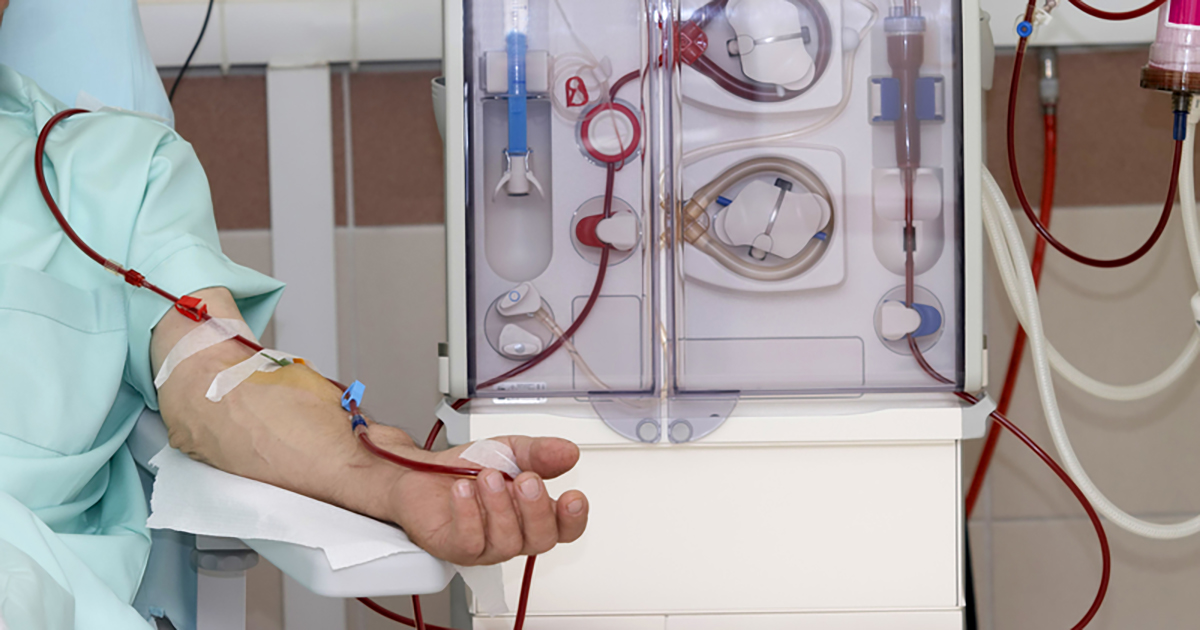Options For Treating Hyperoxaluria And Oxalosis
Hyperoxaluria is a condition that happens when an individual's urine has too much oxalate in it. Oxalate naturally occurs in the body and is also found in different foods. The condition can be caused by several different reasons including genetic, intestinal disease, or incorporating too much oxalate in one's diet. Some symptoms include developing a kidney stone. If this happens, patients will likely experience severe back pain, blood in their urine, urination pain, fever, and an urge to urinate frequently. Oxalosis happens when the kidneys fail. This happens in patients who have hyperoxaluria caused by an intestinal disease. Oxalosis can lead to creating deposits in the bones, organs, and blood vessels. Some additional symptoms include having protein in the urine, nausea, urinary tract obstruction, and kidney stones. There are some options available for treating hyperoxaluria and oxalosis. Get to know them now.
Increase Fluid Intake

As long as the kidneys are still properly functioning, doctors will probably suggest patients increase their fluid intake. Doing this helps flush the kidneys, which will prevent oxalate crystal from building up. It can also help prevent the formation of kidney stones. The goal of increasing fluid intake is to help patients avoid the symptoms of hyperoxaluria and oxalosis. It is important to keep the kidneys as healthy as possible, especially if patients are consuming too much oxalate in their food or if they have a genetic condition that results in their body producing too much of it. Patients want to make sure they are doing their best to remove some of the oxalate crystals and keep their body as healthy as possible.
Uncover more ways to treat hyperoxaluria and oxalosis now.
Kidney Dialysis

When individuals have one of these conditions, they might end up needing kidney dialysis at some point. This treatment performs some of the kidney's job by removing toxins from the blood and removing excess fluids. It is possible the kidneys will eventually not be able to function properly because of the production of oxalate in the body. Dialysis will help patients process some of the oxalate. However, this is a temporary solution to the problem. If the kidneys are damaged due to the oxalate production, dialysis will not be able to keep up. This is especially true when patients have the genetic form of hyperoxaluria. The only permanent solution to the problem is a kidney transplant. A kidney and liver transplant may also be required. These transplants can potentially come from a living donor, which will reduce the need to go on a transplant list.
Keep reading to reveal more options for treating hyperoxaluria and oxalosis now.
